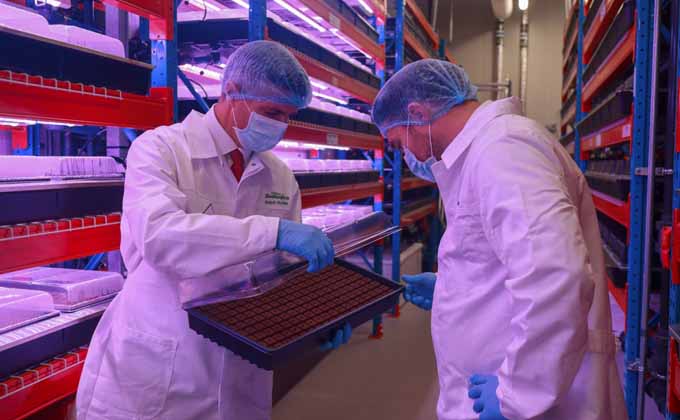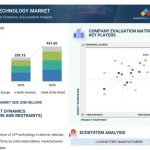Siemens Report Highlights Digitalization as Key to Decarbonizing Food and Beverage Sector

On the path to net zero, the food and beverage industry faces significant challenges, from a growing global population to limited resources. With the sector responsible for nearly 30% of global energy consumption, innovation and collaboration are critical to cutting its carbon footprint.
At Siemens, we believe in the power of technology to achieve decarbonization goals. Our research report Digital Transformation, Sustainable Returns shows that 63% of F&B professionals see strong potential in digital technologies to reduce resource use. Among emerging tools, artificial intelligence (AI) is expected to have the greatest impact over the next three years, followed by digital twin technology, advanced simulations, and automation.
Emirates Bustanica, one of the world’s largest vertical farms in Dubai, illustrates how digitalization transforms food production. Through integrated automation and smart infrastructure, the facility saves 250 million liters of water annually while producing over one million kilograms of pesticide-free food. SIMATIC automation and building management systems optimize lighting, CO₂ levels, and climate control, ensuring efficiency today while preparing for future AI-driven solutions.
In the drinks sector, Colorado-based Marble Distilling Co. used Siemens’ automation controller to increase efficiency by 75%. The distillery tripled production and cut costs by 20% through tighter controls and smarter energy management.
“The opportunities offered by digitalization are endless, and we must accelerate the pace at which we’re digitally transforming to achieve net zero on time,” Siemens stated. With 2030 fast approaching, every step of the F&B value chain—from farming and processing to packaging and transport—must embrace digital solutions to drive lasting change.

























